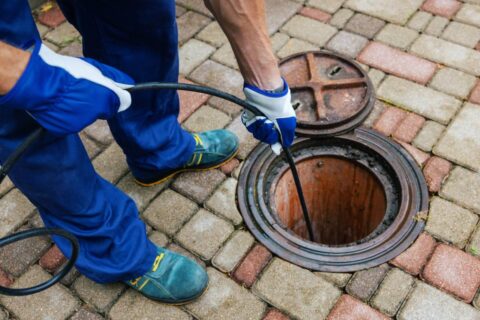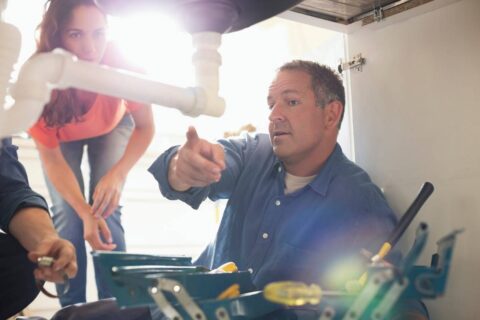How Much Should You Adjust Your Water Heater Temperature?
The winter season has arrived and that means your home will start to be colder and require more indoor heating to be comfortable during the cold weather. Your heater will start to see more use and if you have a fireplace, there’s no better time to utilize it than the winter season. With the decrease in temperature, it’s also important to check on your water heater temperature levels to make sure your water will be heating appropriately, and that it doesn’t overheat during your temperature reset. If you’re concerned about how much you should be adjusting your water heater temperature during the winter season, read through our helpful article of facts and tips about how to ensure your heater stays at the perfect temperature for your water needs. Find a professional emergency plumber in Highland Park for all of your last-minute plumbing needs when you contact New Generation Plumbing today!
When Should You Adjust the Water Heater Temperature?
The first question you should always answer is whether you need to adjust the temperature at all. The quick answer to this question is to check your current temperature and see where it has been set. If the temperature lies between 120 and 140 degrees Fahrenheit, you may not need to adjust the settings at all. However, setting your thermostat to the height of 140 degrees may result in third-degree burns if your water heater is not outfitted with a scald protection setting. If your heater has a scald protection setting, having your temperature set to 140 degrees can be the perfect heat for your water during the winter season. At this temperature, the bacteria that could potentially multiply, and cause Legionnaires disease will be killed off and your water will be safe. If you find that having the temperature set to this level is too intense for you, adjust the temperature as needed, but do not go lower than 120 degrees. When your water temperature drops too low, the capability to grow harmful bacteria increases, and you and your family may not be safe from the water that runs through your home. If you are worried about the water temperature in your home and are looking for professional help, call New Generation Plumbing now to have an emergency plumber in Highland Park sent to assist you today!
Can You Be Energy Efficient and Have Safely Heated Water?
Because your water heater is at a risk for developing harmful bacteria, the truth is that your temperature should never be set lower than 120 degrees, as the maintenance of this heat is what makes your water safe from harmful aspects. However, there are a variety of other ways to decrease your carbon footprint when it comes to the upkeep of your water temperature. The best way is to limit the number of showers you take and the length of each shower. Continuously using hot water leads to a larger energy bill and carbon footprint. You can also install insulated piping throughout your home to decrease your energy usage. These pipes are readily available and are cut for easy installation so the application could be done by yourself. Your energy bill might also benefit from the replacement of your water heater altogether. Heaters typically last about 10 years, so if you are about to hit the decade mark, or if you have passed it, it may be time for a new unit. If you are looking for professional help to install insulated pipes or a new water heater, call New Generation Plumbing. We will be able to help you diagnose plumbing problems, and send you a qualified, emergency plumber in Highland Park.


